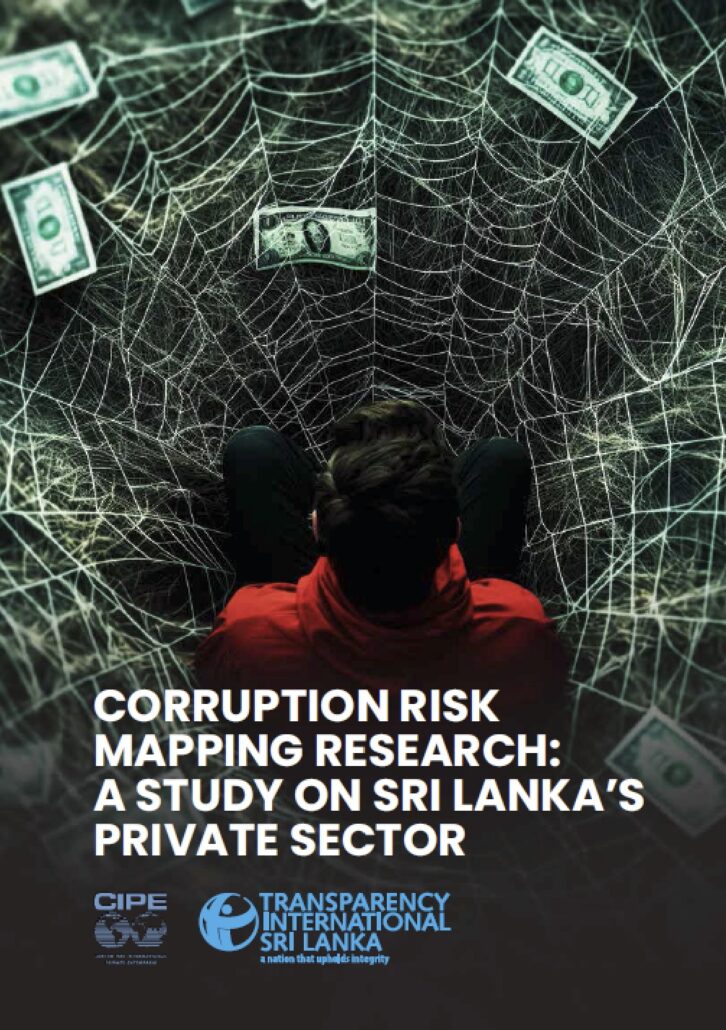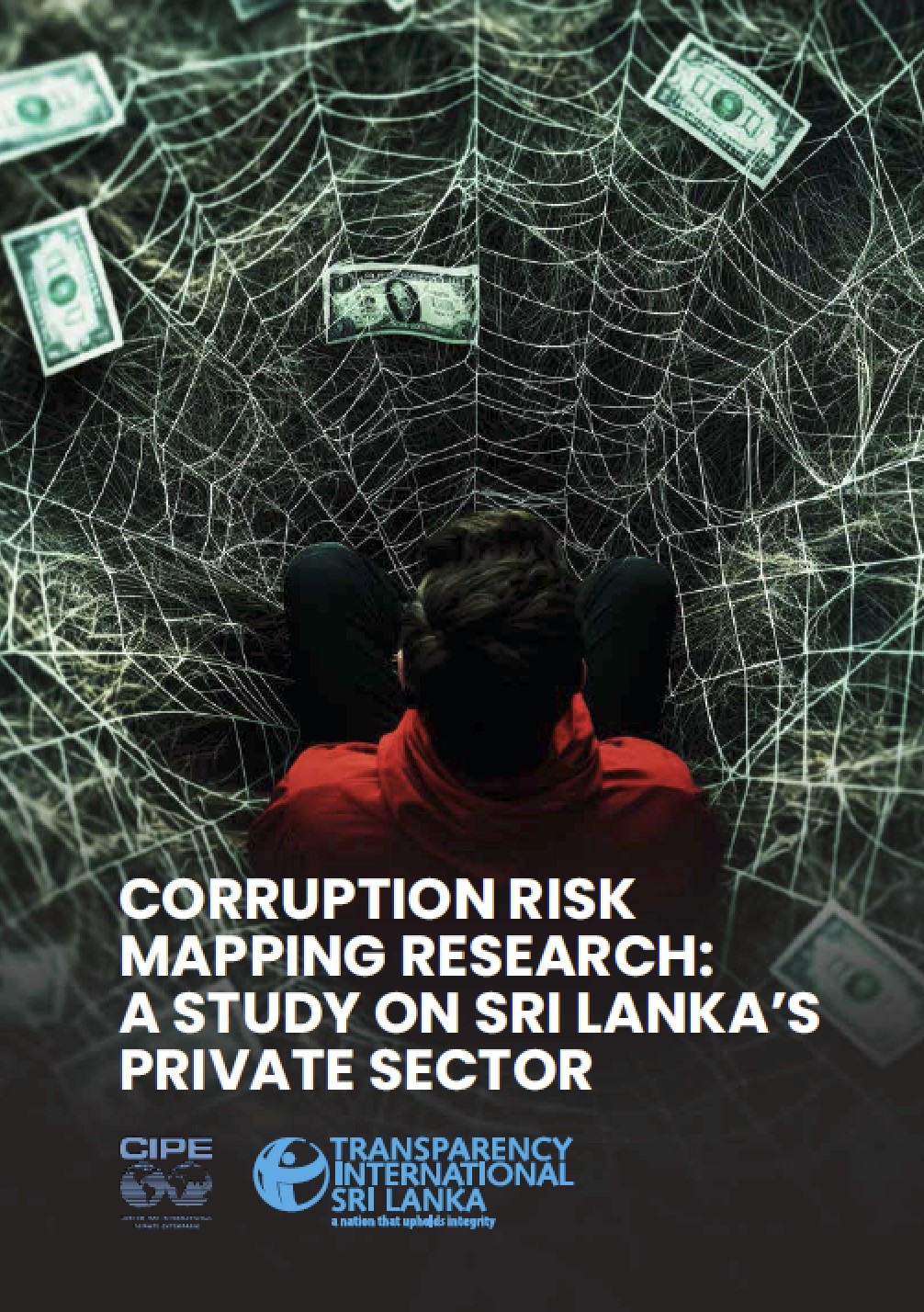
The report highlights that corruption in Sri Lanka has predominantly been viewed as a public sector issue, while the private sector’s role in facilitating corruption has often been overlooked. Research indicates that the private sector acts as the “supply side” of corruption, with significant risks identified in private sector interactions with public entities, particularly during the application for government approvals and contracts. Allegations of private-to-private corruption, including kickbacks, fraud, and unethical practices, were documented, revealing a pervasive issue across various industries.
The report also discusses the influence of gender dynamics on corruption, noting that women are often solicited for sexual bribes, although men also face similar issues. Key risk factors contributing to corruption include inadequate law enforcement, weak internal controls within companies, and a lack of regulatory oversight. Conversely, some companies and chambers of commerce have implemented measures to mitigate corruption risks, such as adopting zero-tolerance policies and conducting awareness sessions.
The report concludes with recommendations for both the private sector and the government, urging the adoption of strong anti-corruption policies, improved regulatory frameworks, and enhanced digital processes to combat corruption effectively.

